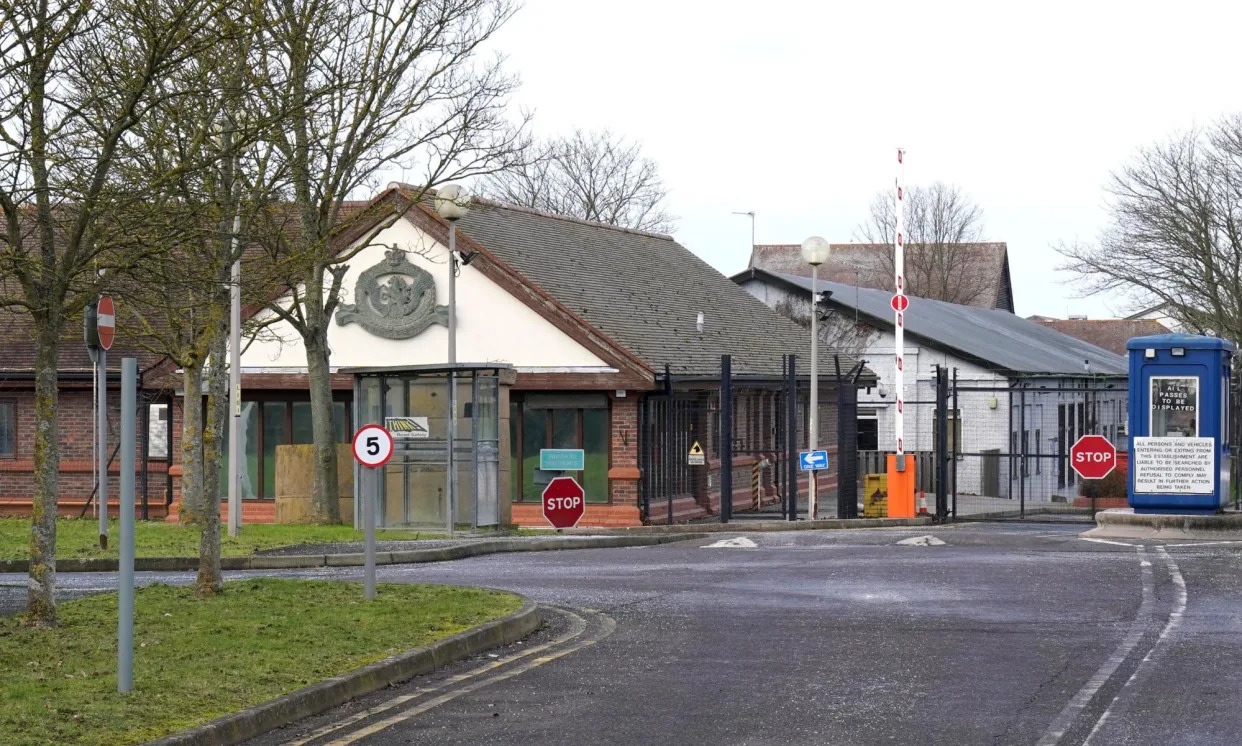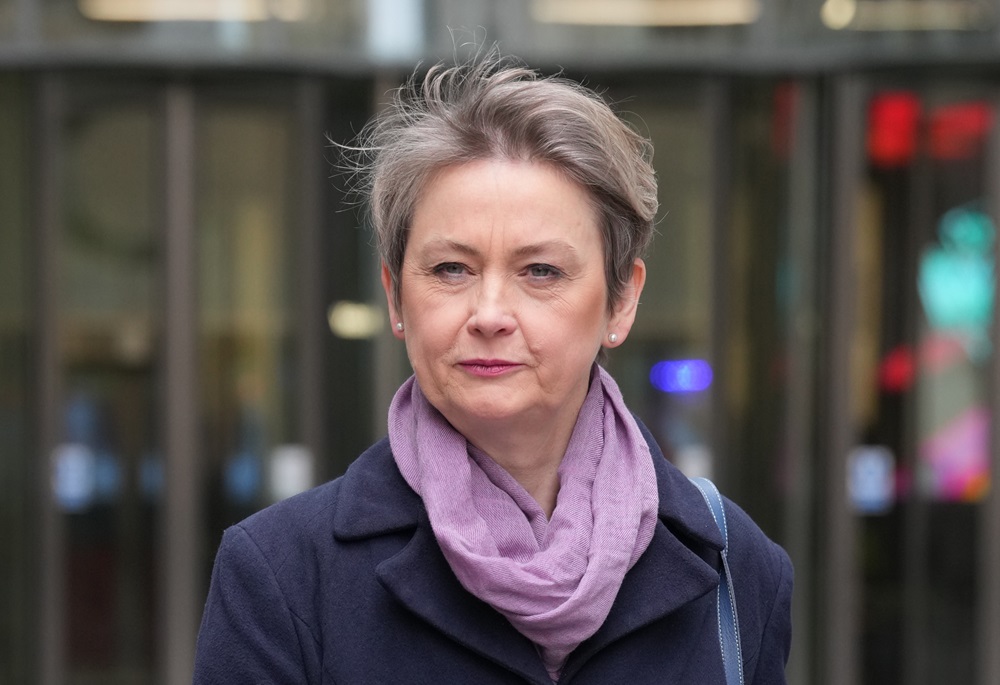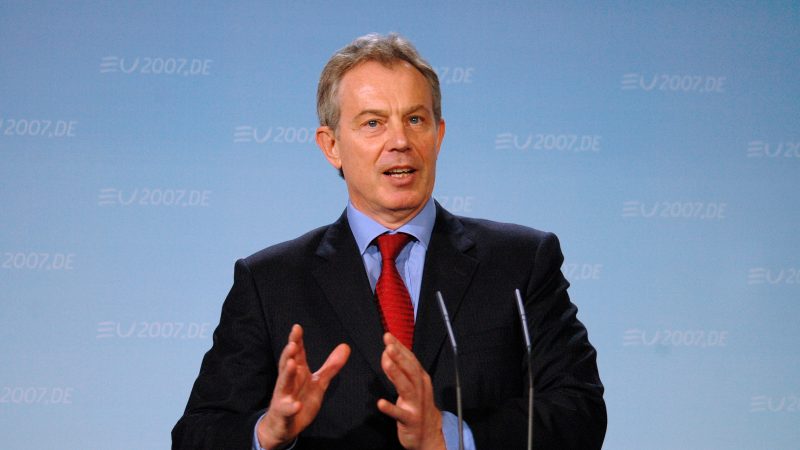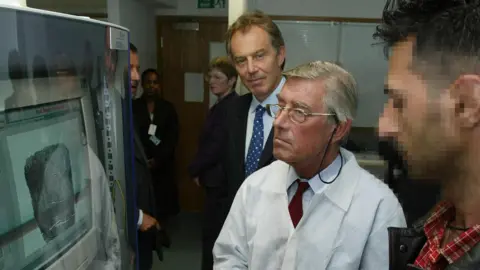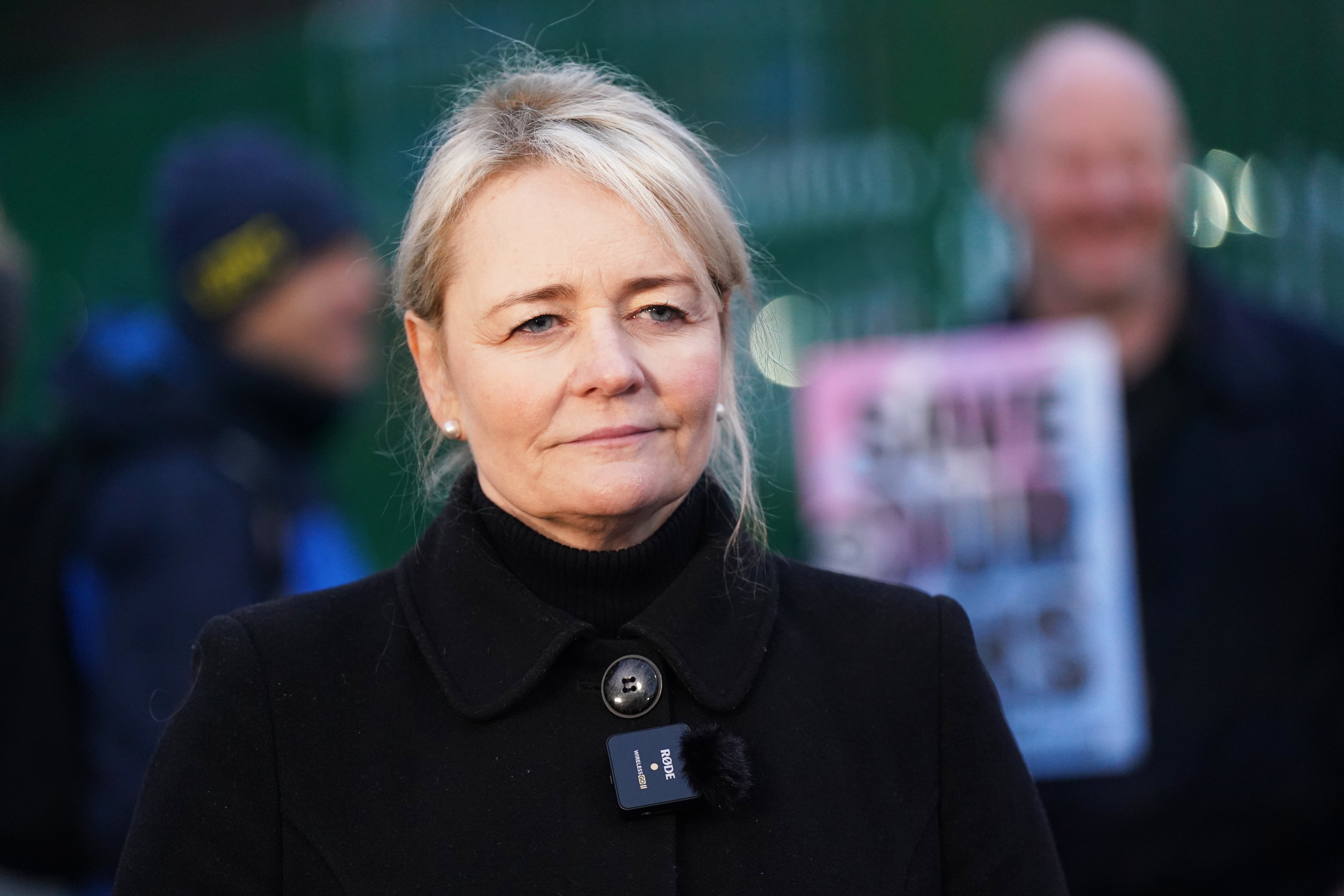Euronews
Sun, 7 July 2024

Israelis stage 'Day of Disruption' protest in Tel Aviv
Thousands of Israelis have staged a mass protest, blocking roads in Tel Aviv in what they're calling a 'Day of Disruption'.
Marking nine months since the war in Gaza began, the rally started at 6:29am local time, the exact moment when Hamas launched its first rockets ahead of its incursion into Israel on October 7.
Hamas members killed some 1,200 people in the surprise attack and took 250 others hostage.
Chanting 'Deal now', they're demanding more action from the Israeli government to strike a ceasefire deal and secure the release of the remaining Israelis still being held hostage by Hamas in Gaza.
"Fair and Eitan were kidnapped on October 7 from Kibbutz Nir Oz, under Netanyahu's watch. Now it’s his responsibility, for nine months he is wasting time. We demand a deal now. It is the only way," said protester Dalia Kushnir-Horn, whose sister was one of the people taken captive by Hamas.
Tel Aviv has seen such mass protests on a weekly basis which also have a political dimension. Many protesters demand Prime Minister Benjamin Netanyahu call fresh elections and step down.

Demonstrators wave Israeli flags during a protest in Tel Aviv marking nine months since the start of the war in Gaza, July 7, 2024 - Leo Correa/Copyright 2024 The AP All rights reserved
They accuse him of putting his political survival ahead of the lives of the Israeli hostages.
Meanwhile, Israel and Hamas have inched closer to a possible ceasefire deal after Hamas appeared to drop its demand that any deal include a complete end to the war.
Both sides have often blamed each other for the lack of progress in ceasefire negotiations and significant gaps still remain.
One of Hamas' key demands was a permanent cessation of hostilities and the complete withdrawal of the Israeli military from Gaza. Israel on the other hand only agreed in principle to temporary pauses in fighting, saying its priority was the complete destruction of Hamas.
Israel's retaliatory offensive has killed over 38,000 Palestinians, according to the territory’s Health Ministry, which does not distinguish between combatants and civilians in its count.
About 120 hostages remain captive in Gaza after more than 100 hostages were released as part of a November ceasefire deal.
Israel has concluded that more than 40 of the remaining hostages are
